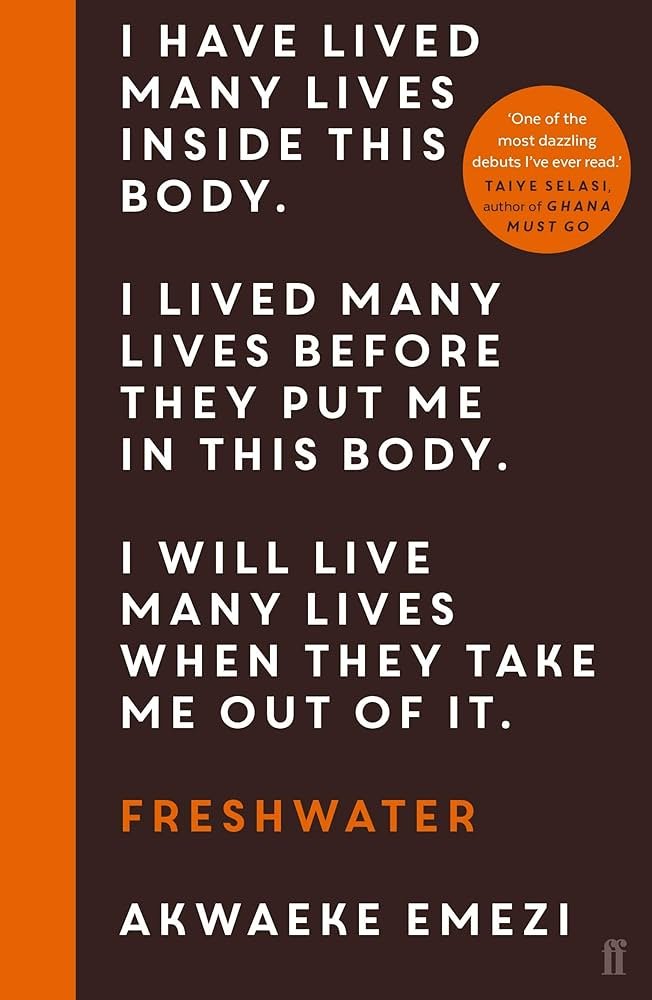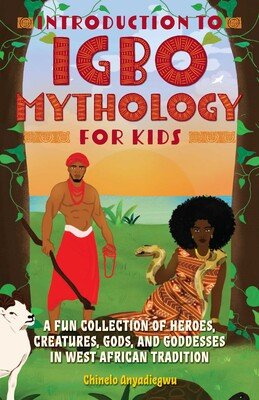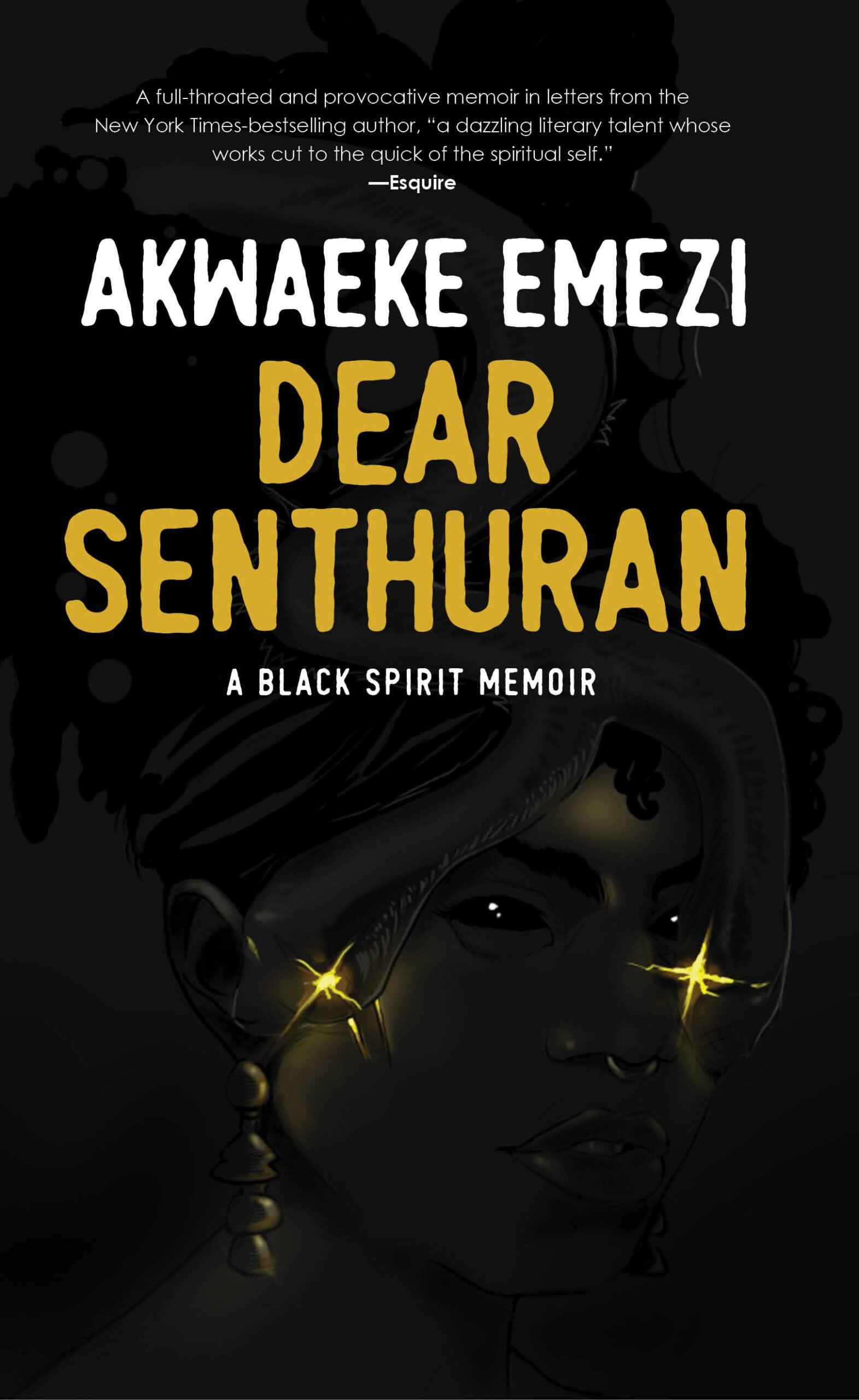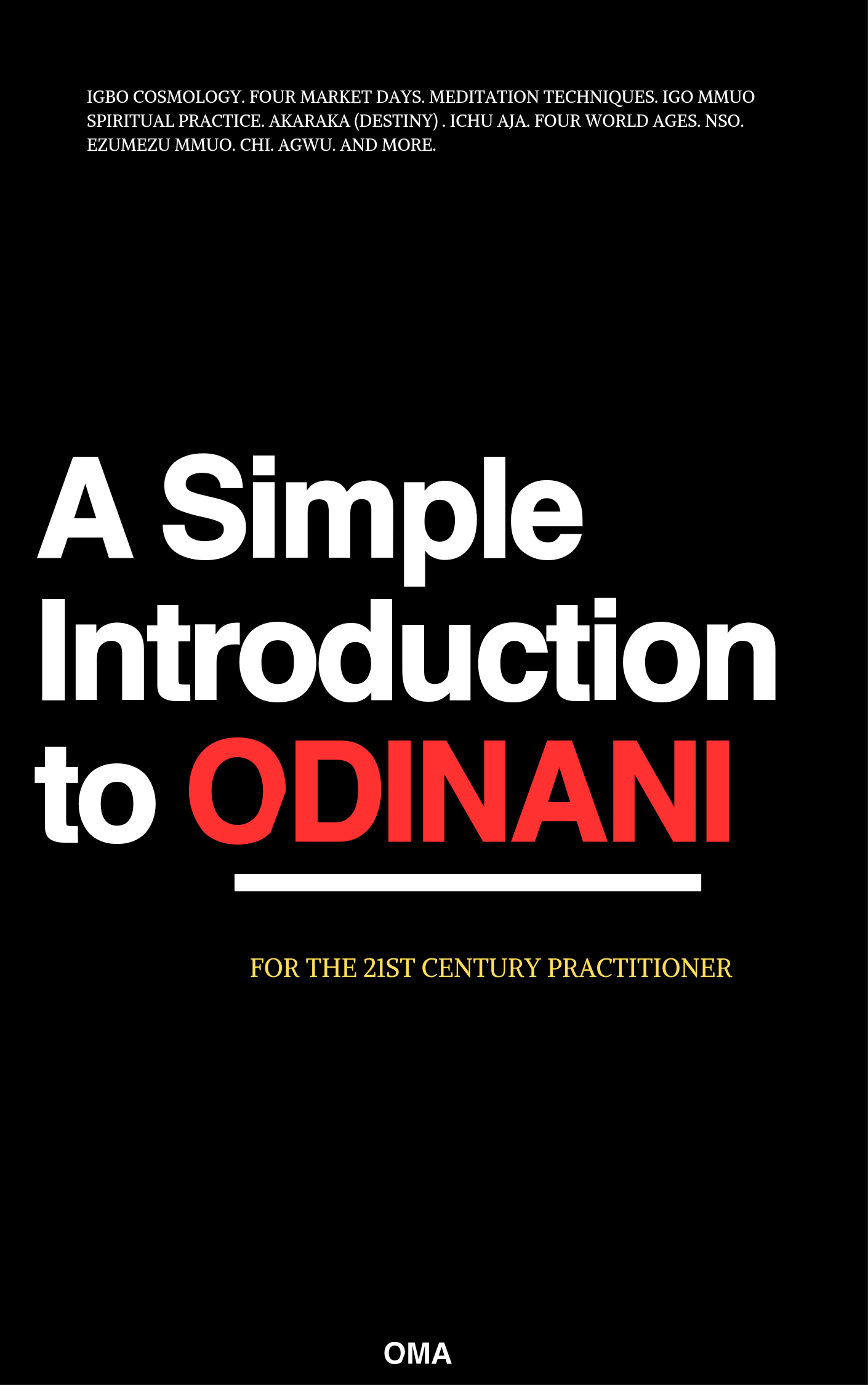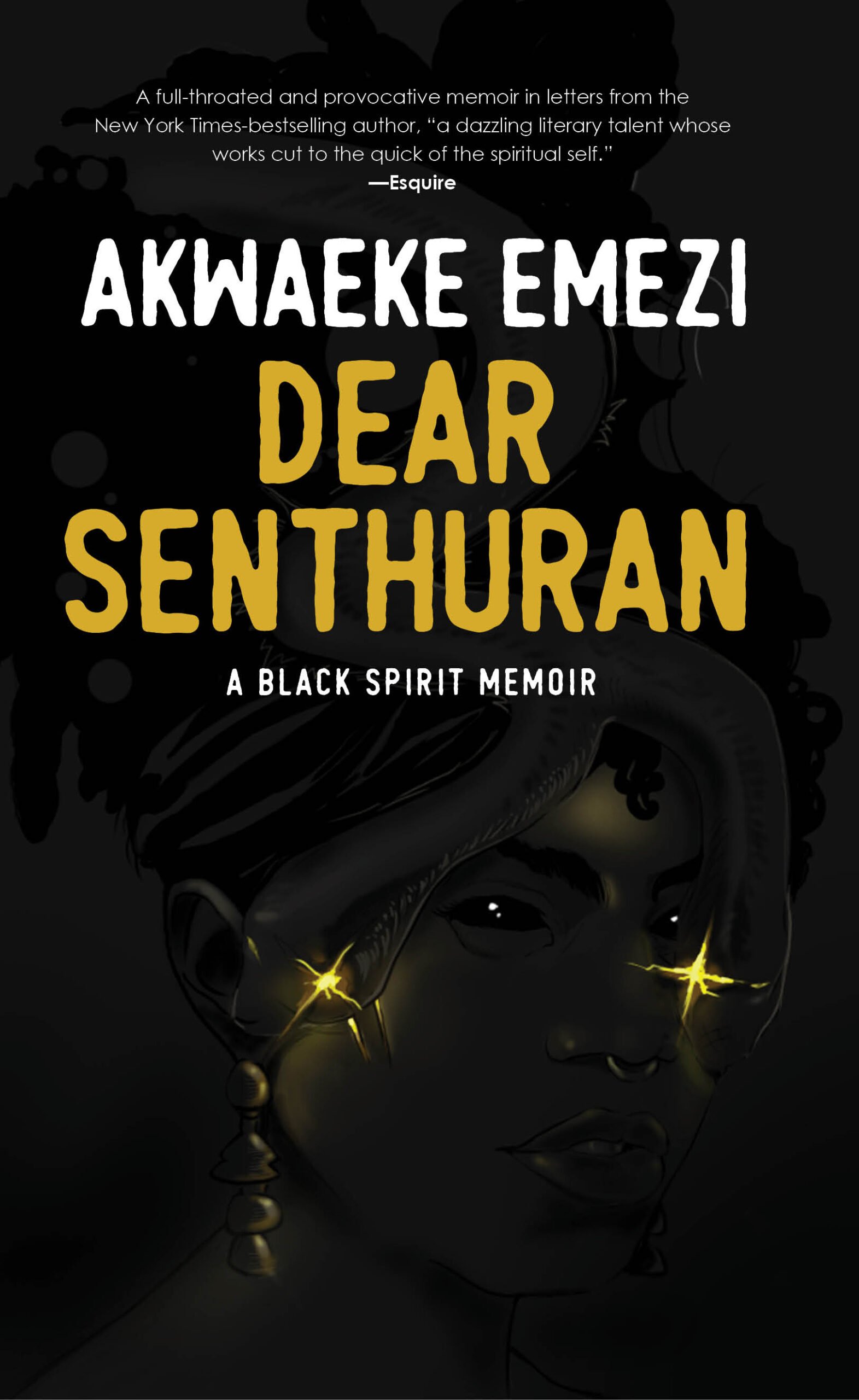Introduction to Igbo Mythology for Kids by Chinelo Anyadiegwu
Blurb
The first definitive collection of Igbo legends and traditions for kids, this book explores the mythological origins of the Igbo people, the ancient Nri Kingdom, and Igbo cosmology before delving into the Alusi, or the core Igbo deities. Following this introduction to the pantheon of gods and goddesses, a collection of the most popular Igbo myths, folktales, and legends will immerse kids in exciting stories of tricksters, shapeshifters, and heroes, The perfect book for kids who are fascinated by Greek mythology or love the Rick Riordan series, Introduction to Igbo Mythology for Kids offers a fun look into the stories, history, and figures that characterize Igbo culture.
Introduction
First of all, I’ll say I’m grateful to Chinelo for writing this beautiful piece of work. At a time where Igbo culture is almost lost, when the language is on its way to extinction, when people no longer care about their roots, this book comes in handy; to lead the erring youths back to the homeland. To explain concepts they know nothing or have doubts about, and to keep the Igbo history alive.
I am Igbo quite alright, but there is so much to learn about my homeland, Igboland. This book, Introduction to Igbo Mythology for Kids, is a great book of learning and not reserved for kids alone, but for everyone who wants to learn more about the Igbo culture; its beauty and peculiarities.
Plot
In the first section, Chinelo talks about the Igbo culture. And what better way to talk about a people’s culture than to actually explain its world view first? I learned a lot about Igboland from this first section; how we came to be, our calendar, reincarnation, the connection between the physical and spiritual world, and life and death.
There is a reason why Igbo people believe in reincarnation, and Chinelo explains this through a story they tell in the second section of the book, Myths, Folktales and Legends. I love the fact that Chinelo breaks all these myths and legends down in simple, yet captivating words, and lures you in the world of the Igbo.
A chapter I enjoyed so much is the second chapter, where they talk about The Alusi: Deities. You see, Igbo people have lots of deities, and they come in a hierarchical order. Though I know about some of these deities like Chukwu and Amadioha, I don’t really understand their concept to the extent I’d be able to write a note on them. But Chinelo explains each of them in details.
I was particularly interested in the concept of ‘Ekwensu’ whom we know as the devil in contemporary Igbo. Ekwensu is not the devil. In fact, there is no deity known as the devil in Igbo mythology. Igbo people do not believe in the devil, it was only inducted into our belief by the missionaries who brought us their religion during the colonial era. Ekwensu is a war god known for his trickery and wisdom. And because he is a beast-like spirit with horns and white fangs, the missionaries simply adopted it to be the devil, because it is convenient for them, as it perfectly suits the description of their own devil. Igbo people believe that every deity comes from ‘Chukwu’ the almighty God, and they have a purpose to be fulfilled. Therefore, Ekwensu is not the devil.
I also love the fact that Chinelo explains the concept of Ogbanje. These days, people have lots of misconceptions about the Ogbanje. Some call them witches; others think they are devils and what-nots. But they are simply in-between spirits. This book is such a lovely eye opener, rich in culture and language. There are so many things to learn about Igbo people and culture, and what better way to do that than actually read?
This is the beauty of storytelling. Storytelling helps to keep the culture alive. With stories we understand ourselves better. Socrates, the great philosopher says, ‘Man know thyself.’ But how do you know who you really are, if you don’t know your history and culture? And how do you claim you have lived, if you do not know the history and culture of other people?
Knowing yourself, discovering who you truly are, starts from reading stories. Through stories you learn more about yourself through the lives of other people. Stories answer the entire ‘how’ and ‘why’ questions. You learn how what is happening came to be, and why what is happening, is happening.
The second section of this book focuses on folklores, myths and legends. I love how Chinelo divides this book; it’s more like the theory and practice. In the first section, you gain the theoretical knowledge about the Igbo people and culture, and the in the second section, you see these theories being put into practice.
Final Thoughts
I felt nostalgic while reading most of these folklores, because I grew up listening to stories too. I was a curious kid with lots of questions while growing up, and my grandmother’s stories filled up the void those questions left in me. She told me lots of folklores laced with moral lessons, and those stories helped me become who I am today.
I thoroughly enjoyed reading this masterpiece of a book. It’s a book for kids and adults as well. I love the fact that Chinelo targets this book for the kids, the new generation, so they will learn about their culture and pass it down to their own children and grandchildren. What better way to keep our history alive?






